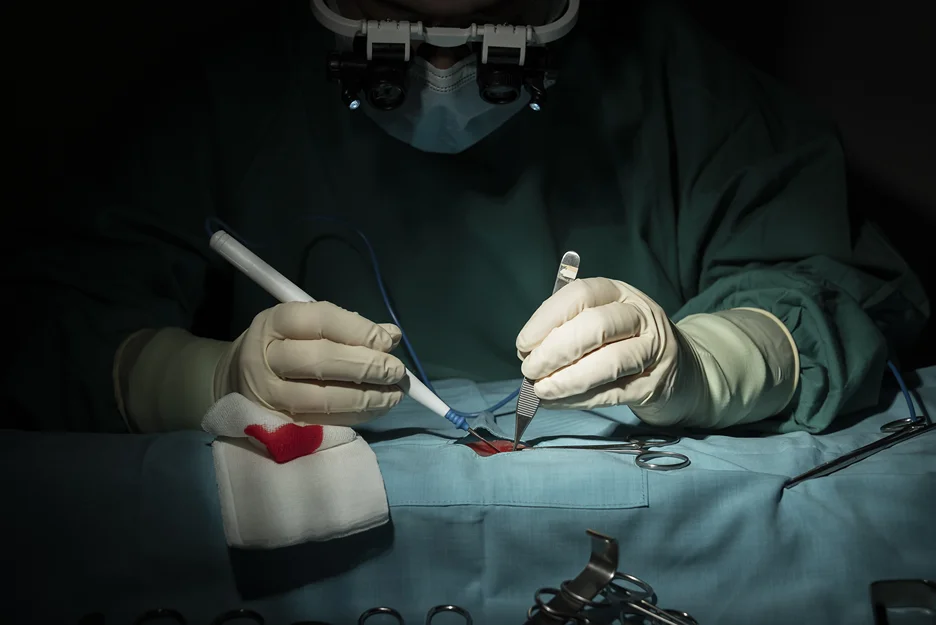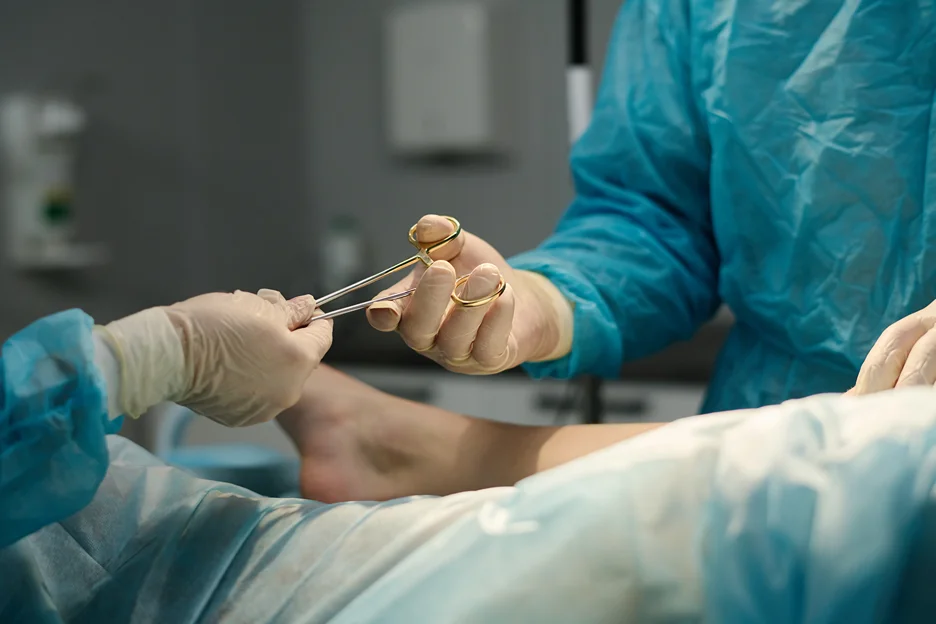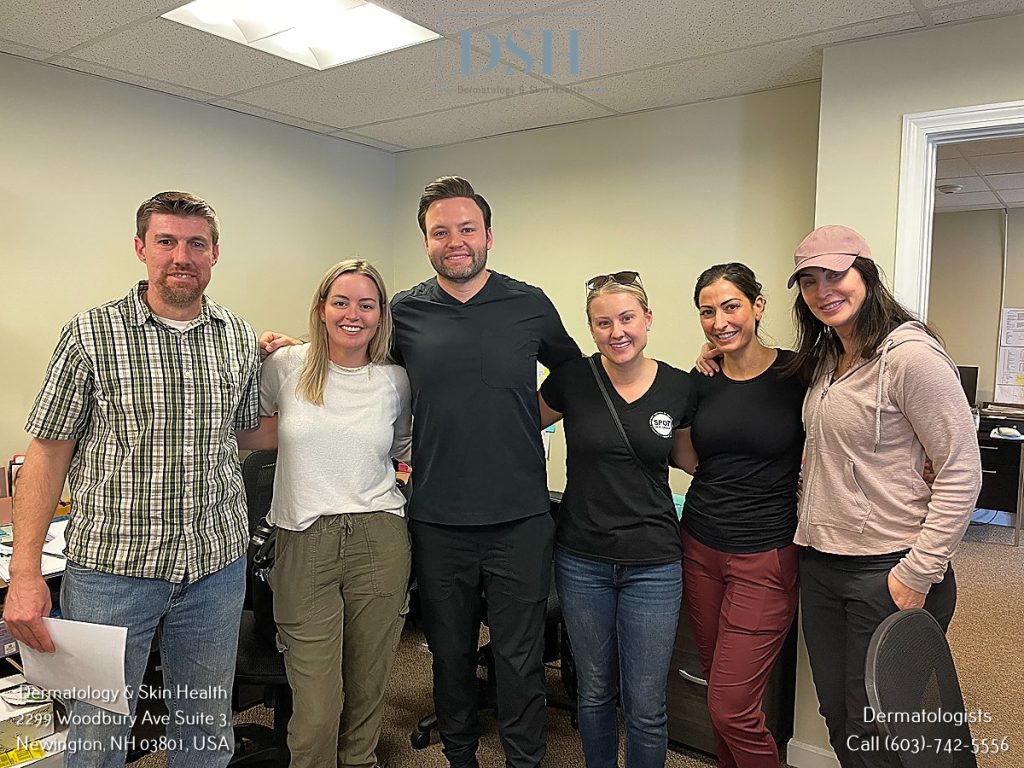

While research is limited, it's generally recommended to avoid caffeine after surgery as it may exacerbate pain. Caffeine is a stimulant that may increase sensitivity to pain, so patients are advised to refrain from consuming it until pain levels stabilize after Mohs surgery.
Could your usual morning coffee potentially worsen pain after Mohs surgery? If you're a regular caffeine consumer, you may be wondering if limiting intake could impact your recovery.
Mohs surgery is a precise technique for removing skin cancers layer-by-layer until only cancer-free tissue remains. While it provides excellent cure rates, some postoperative pain is common.
The question is, could caffeine amplify discomfort during healing?
This article explores what research says about caffeine and post-surgical pain levels. You’ll learn expert advice on modifying intake after Mohs surgery, plus find tips on minimizing discomfort as you recover.

Caffeine is a stimulant that acts on the central nervous system. It can elevate blood pressure, increase heart rate, and trigger the release of natural chemicals that influence pain perception.
Studies show that regular caffeine consumption may lead to increased tolerance and decreased sensitivity to pain over time. However, research also indicates that abruptly ceasing caffeine intake can temporarily increase one's sensitivity and lower the threshold for perceiving pain.
This suggests that people who consume caffeine daily prior to surgery may actually experience heightened pain if they suddenly stop intake altogether post-surgery.
There are no definitive guidelines from dermatology or surgery societies regarding caffeine consumption after Mohs surgery. Some practitioners recommend erring on the side of caution by minimizing or avoiding caffeine during the recovery period. Others say there’s no firm evidence showing a need to restrict caffeine intake.
When advising patients, we note that potential benefits of limiting caffeine include:
However, potential downsides of complete caffeine avoidance include:
Here are some reasonable approaches if you choose to limit, but not eliminate, caffeine after Mohs surgery:
Be sure to discuss your usual caffeine consumption and preferences with our doctors. They can provide individualized recommendations on limiting or avoiding caffeine after your particular Mohs surgery.
Caffeine isn't the only substance that could potentially worsen swelling, irritation, inflammation and pain after Mohs surgery. Here are some other beverages doctors often advise restricting or avoiding as you recover:
Drinking alcoholic beverages can increase bleeding risks, interact with medication, impair healing, and dehydrate the body. It's best to completely avoid alcohol in the first 48 hours after Mohs surgery.
After that, you may be able to gradually reintroduce it in modest amounts. But check with our doctors, as some may recommend avoiding alcohol for a week or more post-surgery.
The bubbles and acids in soda, seltzer and other carbonated drinks can irritate the surgery site and surrounding skin. The sugars and additives common in sodas also make them a poor hydration choice. Still beverages like water, coconut water and diluted fruit juices are better options.
Consuming lots of sugar through sweetened coffees, fruit juice blends and sodas can suppress your immune system and inflammation response, possibly hindering healing. Limit beverages with added sugars - fresh fruits and milk or nut milks make healthier choices.
Cold-pressed juices using raw spinach, kale, beets and other vegetables are normally very healthy. But post-surgery, the high vitamin K levels can interfere with the effects of oral anticoagulants like warfarin, which are prescribed to reduce the risk of blood clots. Opt for low-vitamin K choices like carrot, apple or citrus juices until you recover.
Always check with your dermatologist about any dietary restrictions after Mohs surgery, including limitations on certain beverages. Following their guidance will help support proper healing.

Mohs surgery is typically done under local anesthesia, which wears off a few hours after the procedure. At that point, you may experience swelling, bruising, throbbing and tenderness around the surgery site. Appropriate pain management helps ensure your comfort as you heal.
Our doctors will recommend or prescribe medication to relieve postoperative pain. Options may include:
Some non-pharmacological remedies that may enhance pain management include:
Discuss your individual needs with our healthcare providers and follow our personalized recommendations for optimal post-surgical pain control.
There's no definitive medical guidance on when it's safe to return to your normal caffeine routine after Mohs surgery. Factors like the size and depth of your wound, plus your overall recovery progress, will determine the ideal timing.
Here are some general guidelines on gradually reintroducing caffeine:
| Time Frame | Recommendations |
| First 48 Hours | Strictly avoid caffeine. Focus on rest and hydration. |
| 3 to 5 Days Post-Surgery | Limit to one small caffeinated drink per day, such as 4 ounces of coffee. |
| 1 Week Post-Surgery | Slowly increase caffeine intake, but limit to 1-2 moderate servings daily. Avoid afternoon/evening caffeine. |
| 10 to 14 Days Post-Surgery | Resume normal caffeine consumption, provided the wound has healed well with no complications. |
Keep in mind that increased swelling, redness, bleeding or pain after increasing caffeine consumption may be a sign to pull back. Be sure to discuss caffeine intake at your follow-up appointments so our dermatologists can evaluate your individual progress.

Research has yet to provide a definitive answer on whether caffeine exacerbates pain after Mohs surgery. The limited available evidence shows mixed results. It's likely that individual factors determine caffeine's impact, if any.
To be safe, many dermatologists advise restricting caffeine for at least a few days after surgery. But moderate intake is unlikely to impede healing for most patients. Talk to our doctors about your specific risk factors and preferences to develop a personalized caffeine plan for your recovery.
Above all, follow doctor’s guidance on pain management, diet and lifestyle in the post-surgical period. With proper wound care and rest, you can hopefully return to enjoying your favorite caffeinated beverages once healing is well underway.
[Schedule a consultation with Dermatology and Skin Health to discuss your caffeine concerns, pain management options, and custom recovery plan. Our experienced team looks forward to helping you heal optimally!]
If your desired appointment type or preferred provider is unavailable online, kindly call (978) 525-0100 for Peabody, MA and (603) 742-5556 for all New Hampshire locations. Alternatively please feel free to send us your request via the patient portal, or via email at info@dermskinhealth.com
*For medical dermatology appointments in MA please dial (978) 525-0100 or fill out the appointment request form above.